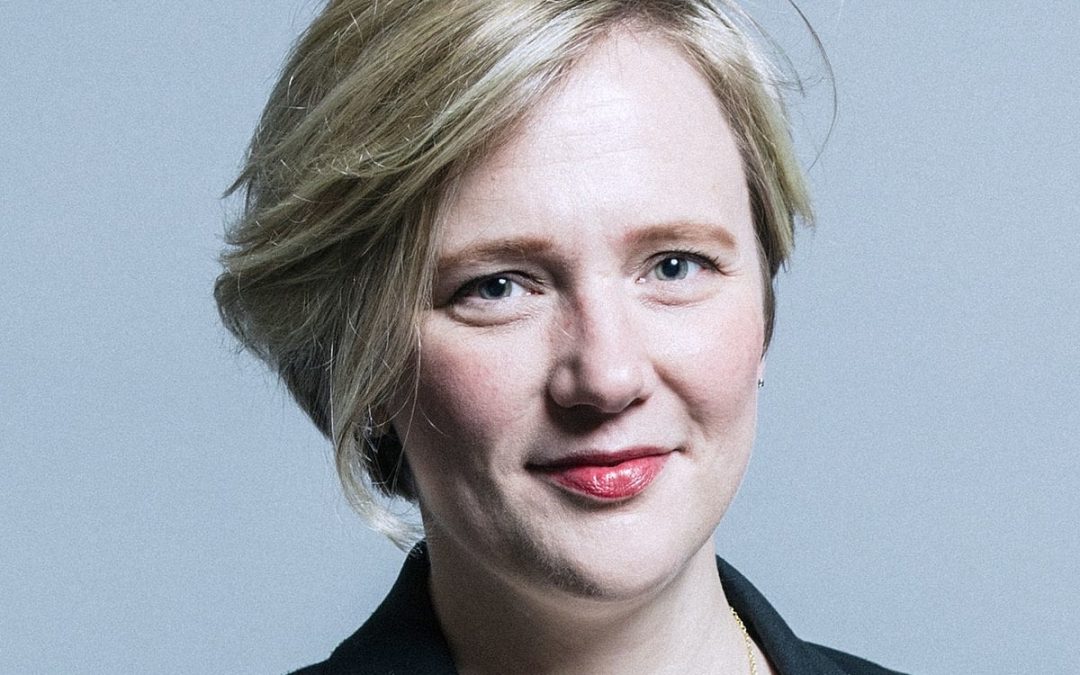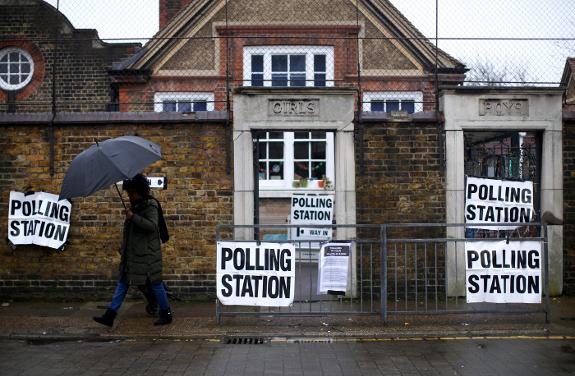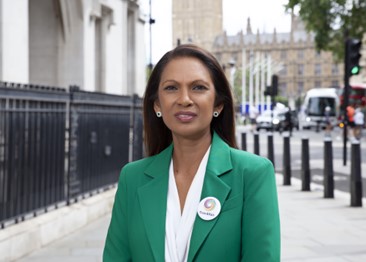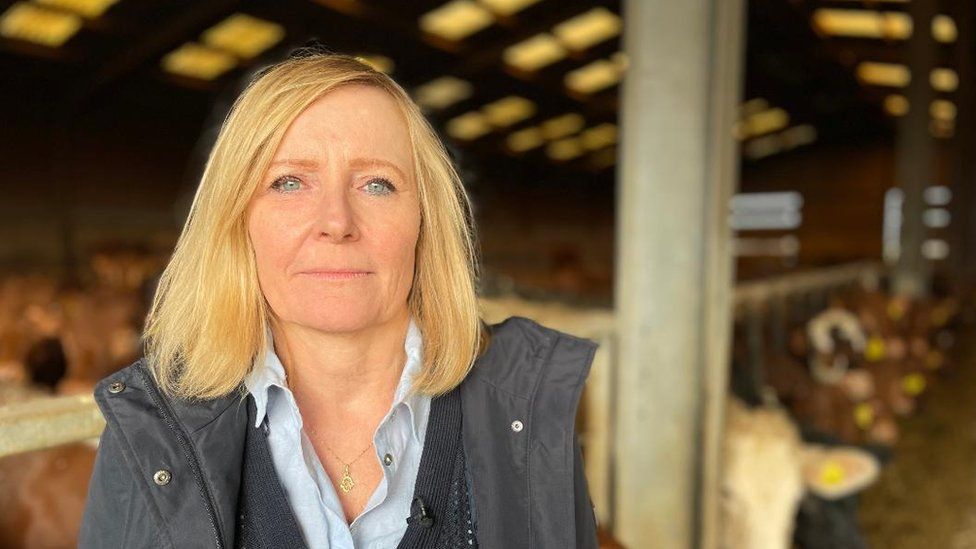
Gen Z overwhelmingly against Brexit
Prominent politicians may still believe in Brexit unicorns – a clear majority of the public, especially Gen Z, do not, writes Bremain Chair Sue Wilson MBE for Yorkshire Bylines.
The list of damage caused by Brexit is a long one, and one you are probably overly familiar with. Whether it’s the 4% loss of GDP predicted by the Office of Budget Responsibility, the barriers to trade, or the loss of our freedom of movement, or any number of other Brexit-related issues, the impact on the country and its people has been costly and painful.
Gen Z leads drive to reverse Brexit https://t.co/j9agXdNHY8
— Richard Corbett (@RichardGCorbett) September 15, 2024
The public are becoming increasingly aware of the impact of Brexit, and the most obvious solutions. Our government, on the other hand, seems increasingly intransigent on the subject, despite their promises of ‘change’ and a ‘reset’ of EU relations. In the face of public opinion, especially that of Gen Z – those born in the late 1990s, early 2000s – surely the current government stance is unsustainable.
The political bandwidth that Brexit has taken up, the resources wasted, the opportunities lost, the money haemorrhaged, the hassle caused, the ignorance, the prejudice and the relentless stupidity…
For nothing. Genuinely nothing.
It’s not the future. pic.twitter.com/5UPPBCnuuV— sarah murphy (@13sarahmurphy) September 14, 2024
Latest polling results
In the latest poll by Redfield and Wilton, 56% of the British public would vote to rejoin the EU, including 23% of those that originally voted to leave. When the question is asked of 18-24-year-olds – too young to vote in 2016 – the percentage in favour of rejoining rises to 61%. Hardly surprising when the youth of this country compare their rights, freedoms and opportunities to those enjoyed by their European counterparts.
Although the overall percentage of those wishing to rejoin has fallen by 5% since an earlier pre-election poll, the level of support from younger voters, and the not-so-young, cannot be ignored. Especially now that, for the first time, voters believe another referendum is likely in the next 10 years.
The prime minister may still insist that we are not rejoining the single market, the customs union or the EU, but how long can he cling to that irrational and unpopular position, especially if he wants a second term in office?
Do you approve or disapprove of the government's record to date?
Approve: 19% (-4, vs 2 September)
Disapprove: 55% (+5)
Net approval: -36https://t.co/EDgUC06xT3 pic.twitter.com/8iwxZap56Z— YouGov (@YouGov) September 11, 2024
Falling popularity
Two different polls this week show approval for the government and the prime minister falling in popularity. The first, from YouGov, shows the government approval rating falling to just one in five people, with disapproval at 55%.
The second – a poll by Ipsos – showed a sharp fall in popularity for Keir Starmer, falling to a 46% unfavourability rating (32% favourable), matching the earliest lowest record, following the Hartlepool by-election. Chancellor Rachel Reeves scored 44% unfavourability with 23% in favour, with Labour as a whole on 45% and 36% respectively.
Whilst support for Starmer and Labour was unchanged amongst Labour supporters, non-Labour supporters were less positive. Those less loyal supporters, that Labour worked so hard to persuade pre-election, may not be so easy to convince next time around.
With only 37% of those polled believing Starmer is likely to win the next general election, and 43% saying he is unlikely to do so, surely someone, somewhere in government should be banging a few heads together and stating the bleeding obvious. Brexit doesn’t work, will never work, and we should be saying so right now. Out loud.
As to the future, 55% said the country was moving in the “wrong direction”. No doubt turning to face Europe, with arms and hearts open wide, would be, should be, perceived as the right direction.
Ditching the delusions
The majority of British people now believe that Brexit has been a factor – in many cases a significant one – that has affected the economy, business, trade, the NHS, and even threatens the union of our four countries.
Brexit may not be at the top of the public’s list of concerns – like the cost of living, healthcare, or immigration – but it’s almost impossible to ignore how Brexit has impacted those areas. Unless, of course, you are a staunch, delusional Brexiter, or a wilfully oblivious politician, still ignoring the elephant in the room.
Voters were misled, and they know it. Whether it was the blatant lies about funding for the NHS, that immigration would go down, or that we’d have free, cherry-picked access to the single market. Like many of the Brexiters, the public may not have fully – if at all – understood how the EU operates or what huge, cost-effective benefits membership brought. The Tories may still believe in unicorns. The public does not.
Following the election, we celebrated the demise of the Tories and welcomed the new government with feelings of hope and optimism. We tried to be positive because we needed to be, after 14 years of pain and suffering. But that optimism has turned to doom and gloom, and we’re still waiting for the much-hyped ‘change’. Brexit has already defeated several former prime ministers and a political party. If Starmer sticks to his red lines, he, and his party, could be next.

















